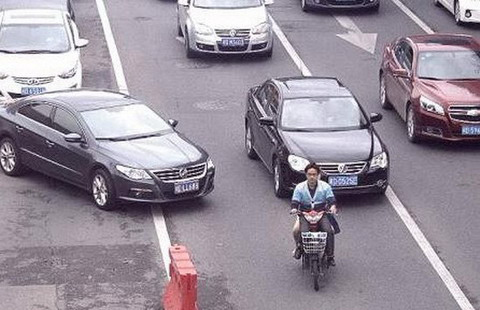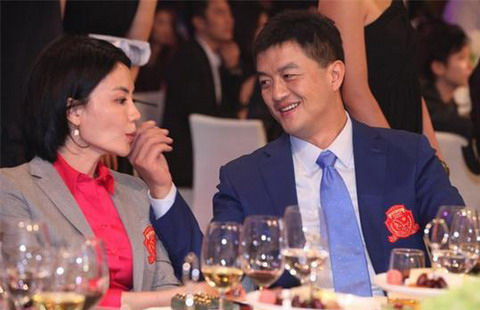EC chief Juncker wants to follow in footsteps of his hero
By Fu Jing (China Daily) Updated: 2014-11-18 08:28Although the possibility of any exit from the euro has basically been left behind, both socially and economically, the European Union is still very sick. Several core economies such as France and Italy may slip into their third recession in six years.
Starting his first week running the colossal but challenges-ridden EU machinery, the new European Commission chief Jean-Claude Juncker, who turns 60 next month, and who governed the tiny city country of Luxembourg for 18 years, must quickly come to grips with the breathtaking complexities of the bloc.
In seeking a cure-all therapy for the enlarging bloc, Juncker has chosen to identify himself with the European political gurus who played decisive roles in forging the EU.
On his first day of work after entering the Charlemagne building in Brussels on Nov 3, Juncker traveled to Frankfurt and attended the launch of a book by 84-year-old Helmut Kohl, who was the chancellor of West Germany from 1982 to 1990 and then of the reunified Germany from 1990 to 1998.
In this German-language book, the title of which translates as Worrying About Europe, Kohl has urged more spirit in forging European unity, even as crippling economic growth and soaring unemployment have resulted in growing public skepticism and mistrust toward the EU among the public in the EU countries.
Juncker also planned to speak side by side with Jacques Delors at a Brussels forum on new direction of Europe on the afternoon of Nov 6. But the 89-year-old Delors, who served three times as European Commission president between 1984 and 1995, cancelled at the last minute because he felt too feeble to travel from Paris to Brussels.
Juncker has always praised Delors, who he calls his hero and who credits as being the most successful driver of European federalism.
Europe-pessimism was also mounting when Delors started his first term as executive head of the European Economic Community in the 1980s. But together with Kohl and former French prime minister Francois Mitterrand, Delors, pushed to set up the EU single market, the foundation stone for the European Economic and Monetary Union. Known as the father of the euro, Delors also had a hand in the Maastricht Treaty, the milestone pact that came into force in 1993, and which replaced the European Economic Community with the European Union and established a set of detailed requirements for countries wanting to join the bloc.










